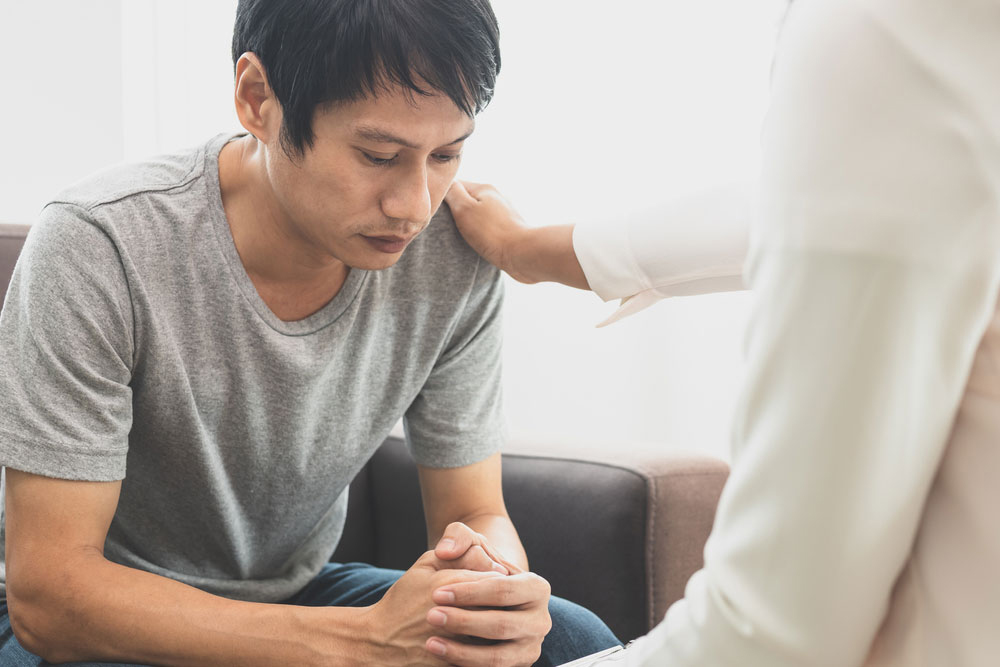At some point in your life, you will face the pain of losing someone or something significant. For many, grief is an arduous journey, full of unexpected challenges and overwhelming emotions. These feelings can exponentially intensify during addiction recovery, making sobriety seem insurmountable. How can bereavement compound addiction, and what are some reasons inpatient treatment can be an invaluable anchor during such trying times?
Bereavement and Addiction: A Complicated Nexus
Prolonged, complicated grief can leave you desperately searching for an escape from the pain. Some people drink or use drugs to provide a temporary relief from the unbearable weight of their emotions. Unfortunately, this pattern can quickly lead to physical and psychological dependence.
Here’s how bereavement can compound addiction.
- Seeking solace: Many people use addictive behaviors to feel a fleeting sense of connection to their lost loved one. You may also want to sweep complex feelings under the rug.
- Isolation: Bereavement sometimes causes people to push family and friends away. This isolation can exacerbate a chemical dependency if you increasingly rely on substances to fill the growing void of loneliness.
- Escapism: For some, the reality of their loss becomes too much to bear. Drugs and alcohol can help you forget about your problems. However, this respite is only short-lived and will compound your difficulties over time.
The Benefits of Inpatient Treatment
The intersection of bereavement and addiction can feel overwhelming. Residential treatment centers like PACE Recovery offer a comprehensive and structured environment where you can safely confront and manage grief while simultaneously getting expert attention for your substance use disorder.
What are some ways inpatient treatment can help you heal?
- Safe environment: Inpatient treatment provides a controlled space away from potential triggers, allowing you to focus solely on what you need to recover.
- Professional support: Access to trained therapists who understand the complexities of grief and addiction is invaluable. Through individual and group therapy, you can unpack your feelings, learn new coping mechanisms and find solace in shared experiences.
- Complementary learning: PACE Recovery Center emphasizes the value of life skills and continuing education to help our clients get good jobs after leaving inpatient treatment.
- Peer support: Surrounding yourself with other men on similar journeys can be immensely comforting. Shared stories and experiences can foster a sense of community, making you feel less alone in your struggles.
- Structured routine: A set daily routine brings a sense of normality after grief and addiction throw your life into chaos. This structure can provide a robust foundation to build your recovery on.
Men’s-Only Dual-Diagnosis Treatment
Bereavement is a complex, deeply personal journey, one that can be particularly challenging when intertwined with addiction. But if you find the appropriate support and tools, you can put healing within your reach.
At PACE Recovery Center, we provide a compassionate, comprehensive approach to addiction treatment, informed by the intricacies of managing complex bereavement. If you are struggling, remember you are never alone. Reach out to us today and discover healing and hope tailored to your specific needs.



